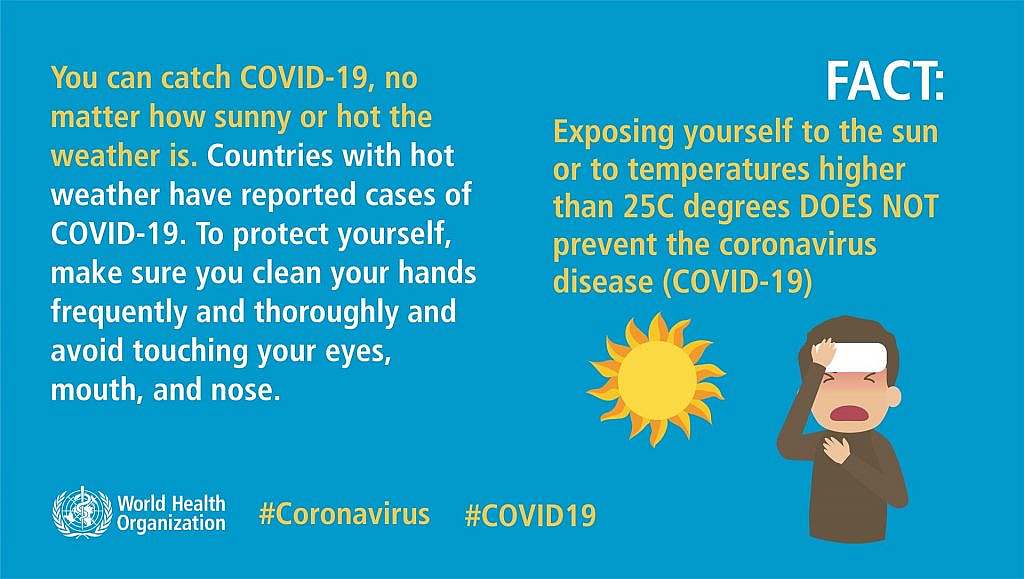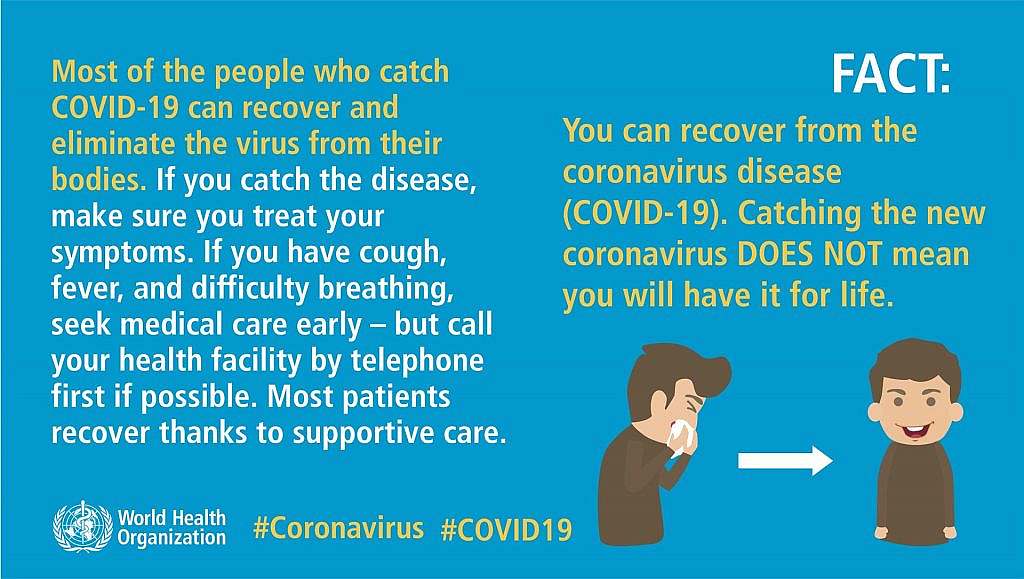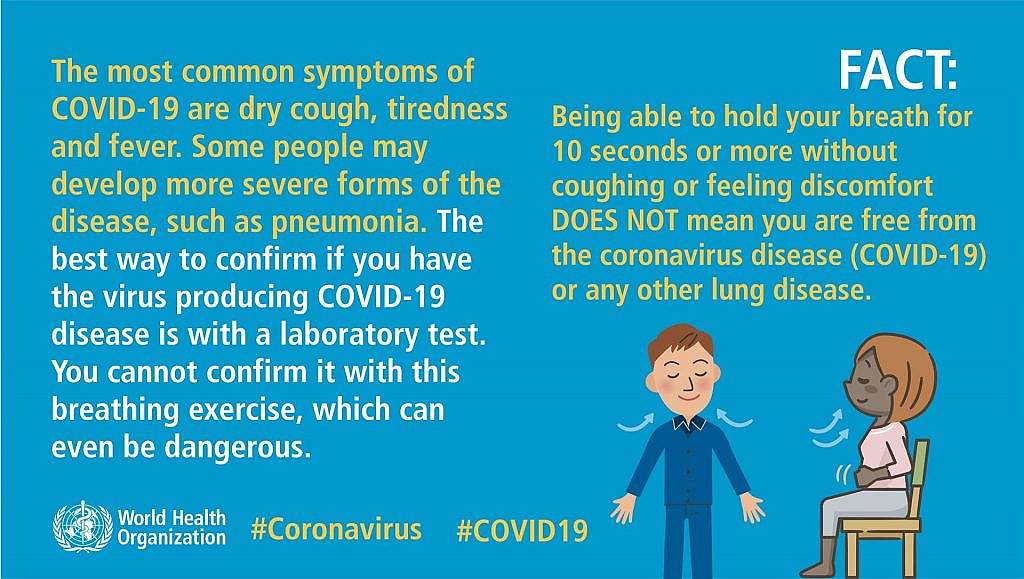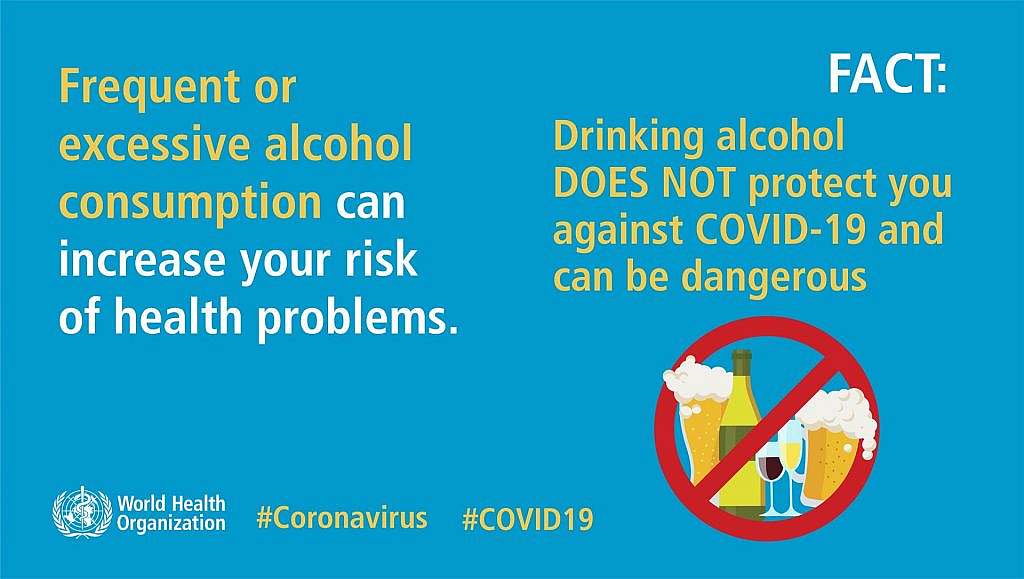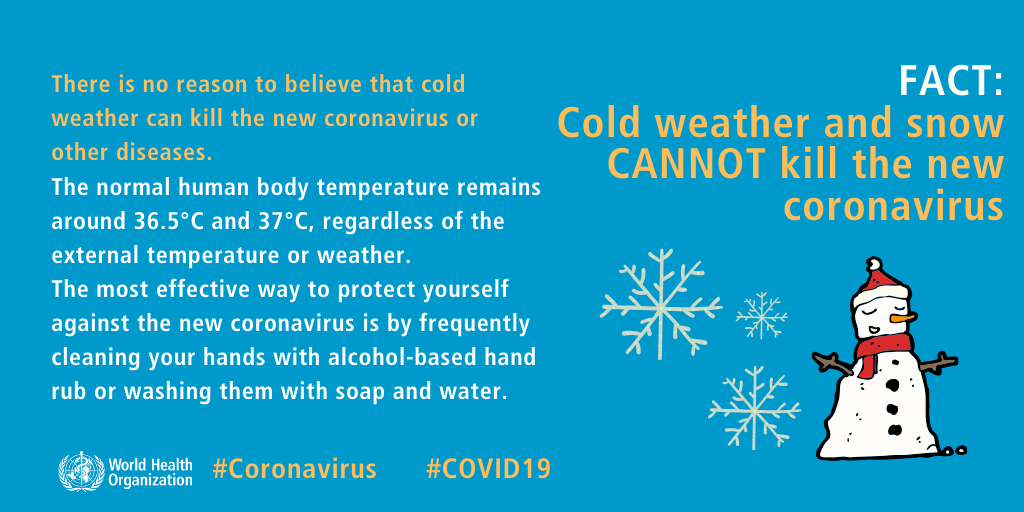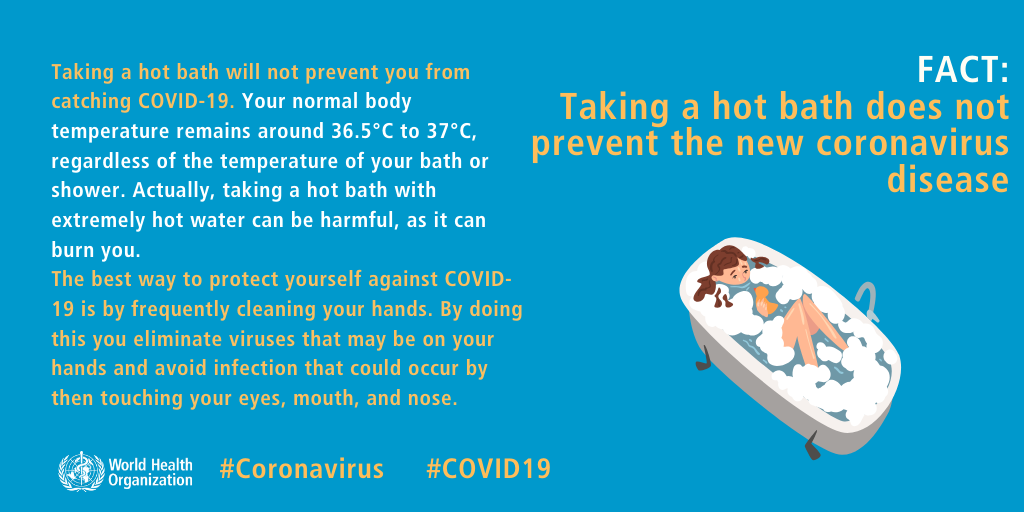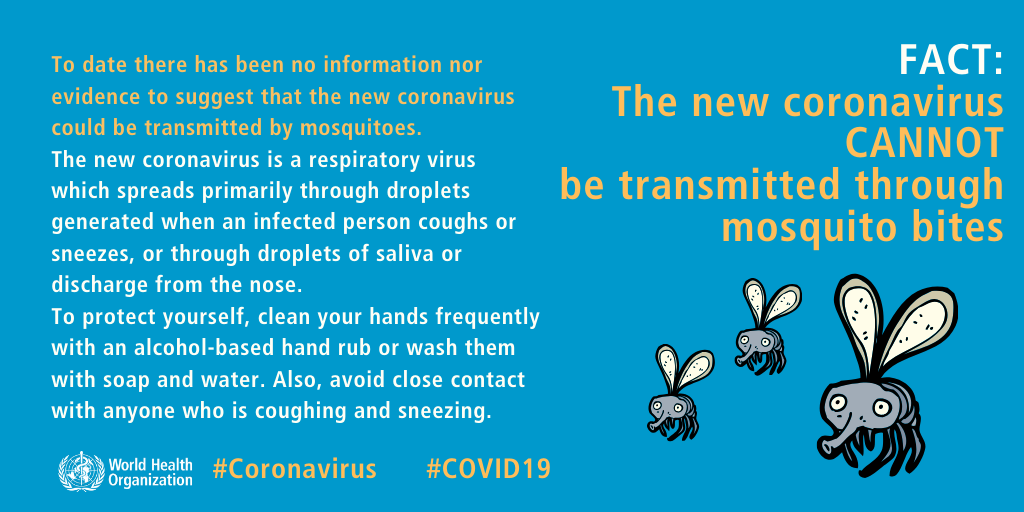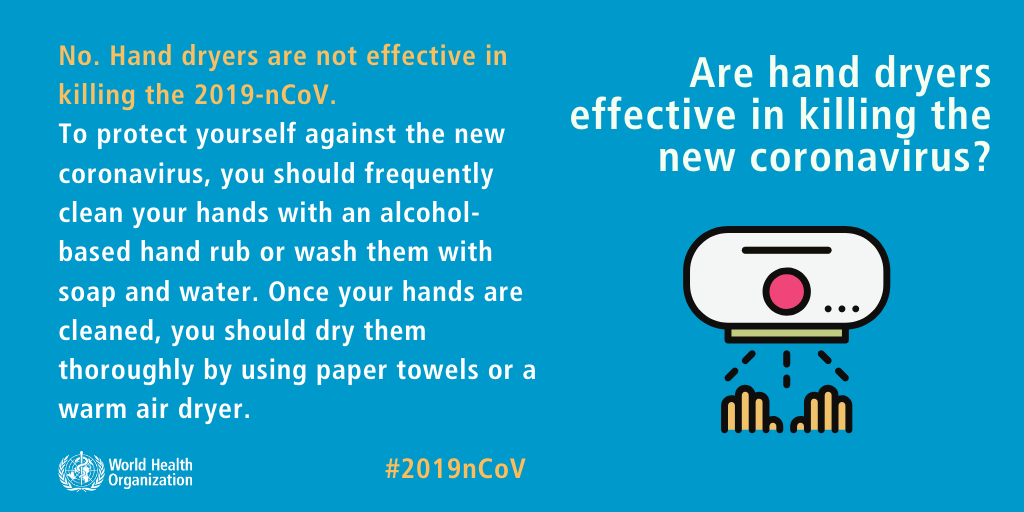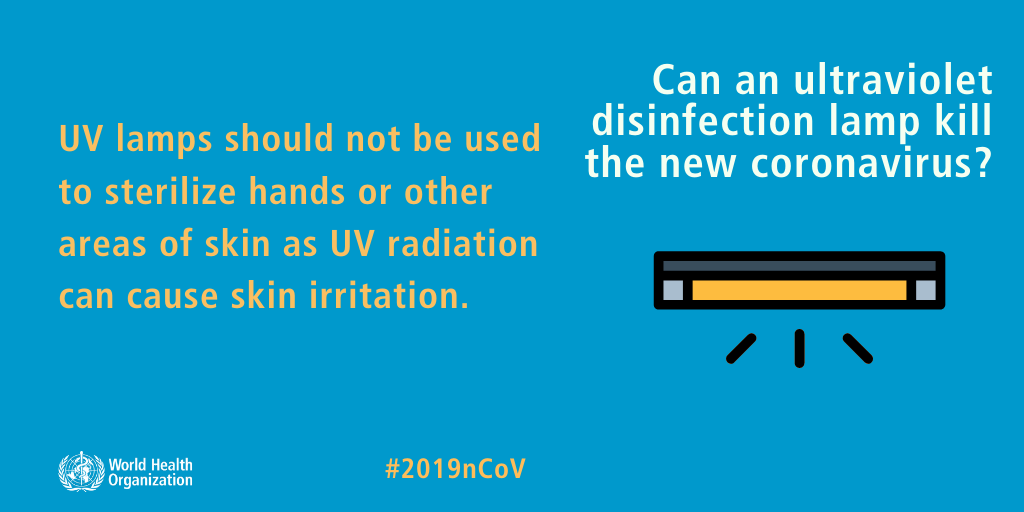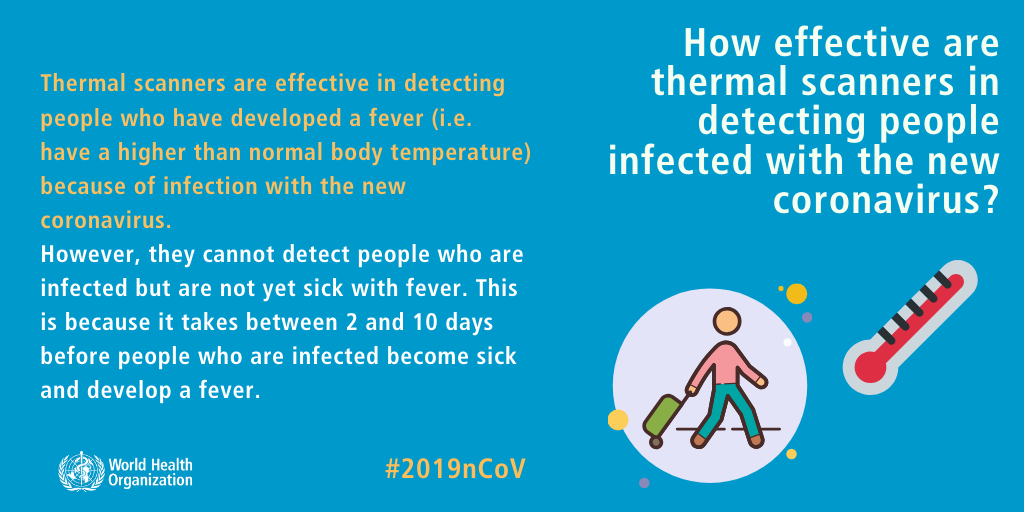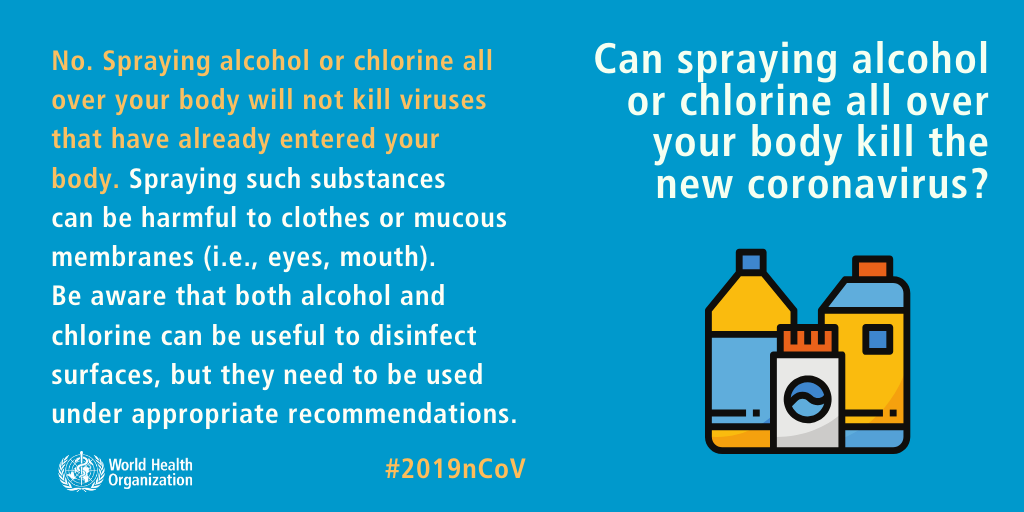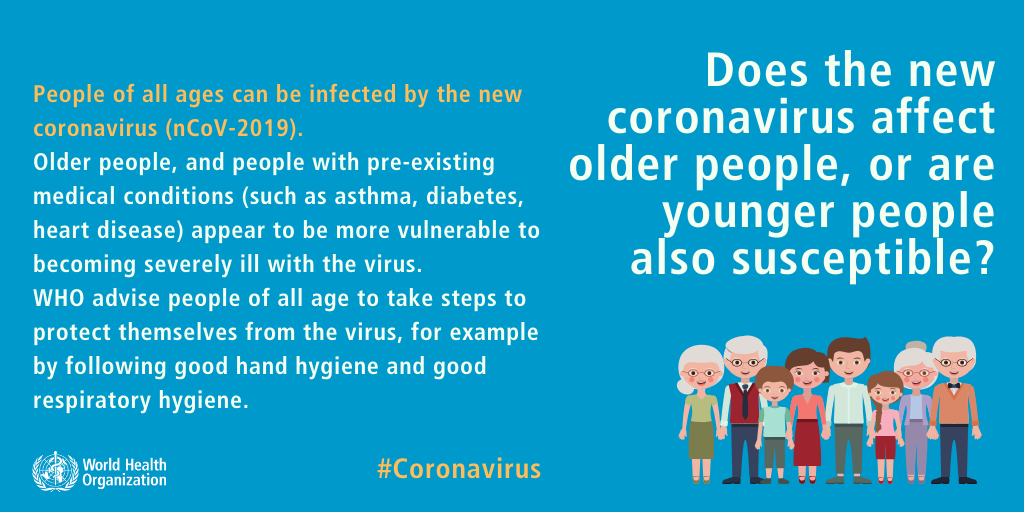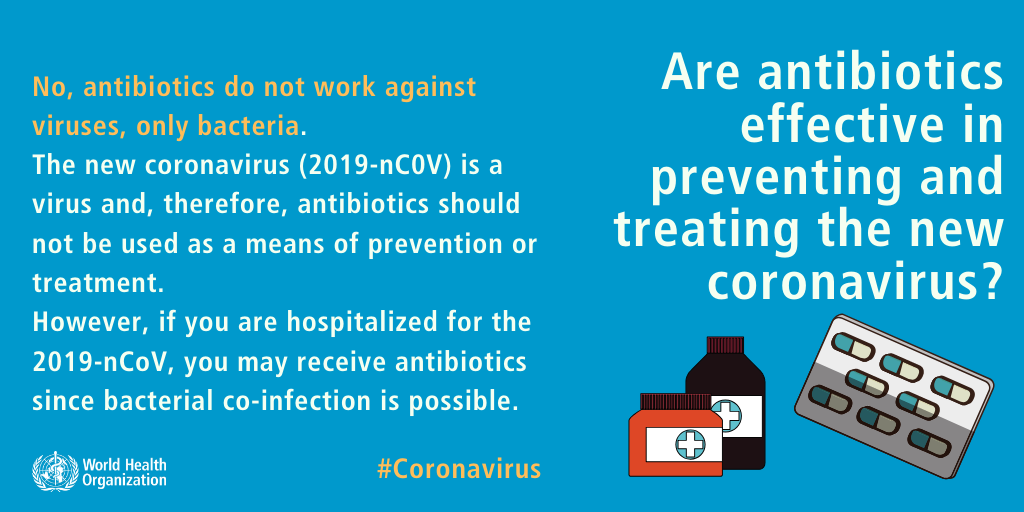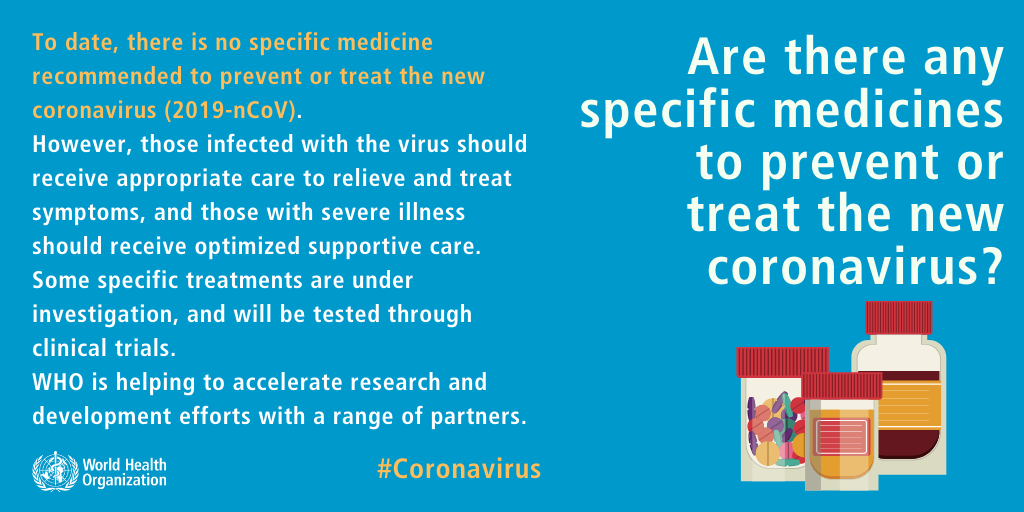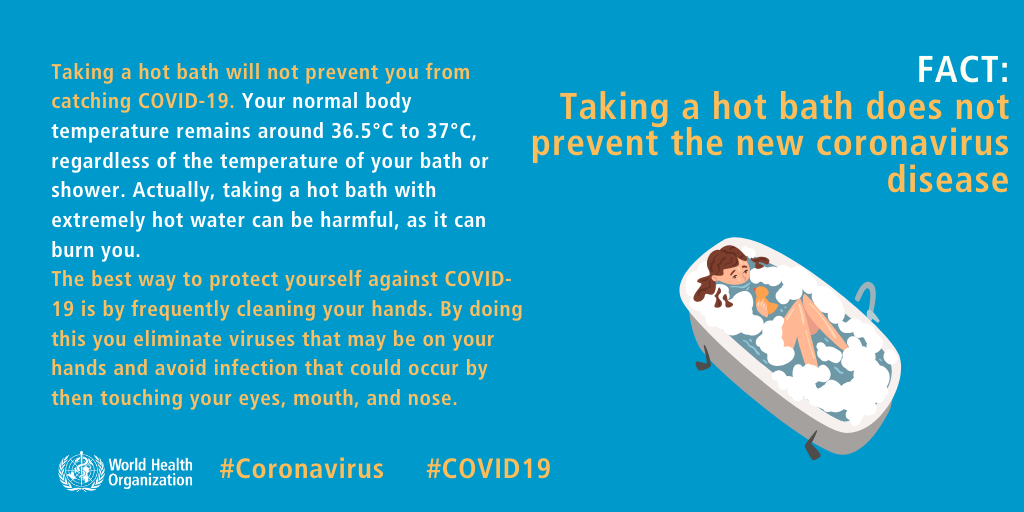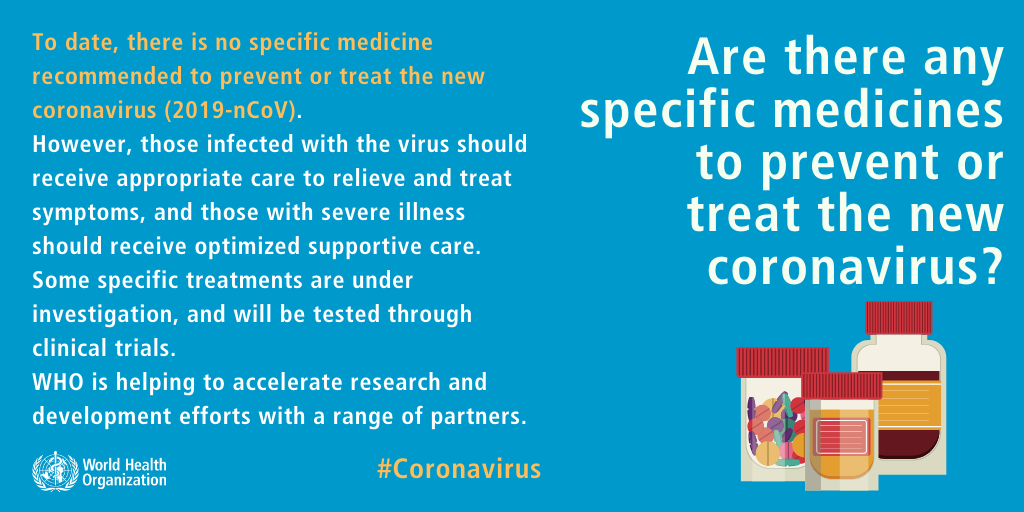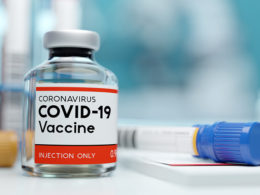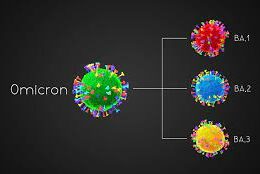VERDICT: FALSE
New information suggests that drinking hot lemon, washing hands with soap & hot water as well as breathing steam under an enclosed atmosphere helps prevent COVID-19 infections & significantly reduce mortality among infected people.
— Hon. Dr Energy Mutodi (PhD) (@energymutodi) March 31, 2020
A significant amount of #COVID-19 coronavirus disease misinformation spreading across social media or chat apps takes the form of copied-and-pasted “advice” posts attributed to anonymous “experts”. These posts are usually riddled with scientific errors and/or promises of cures. Here we look at three such “cure” posts that involve lemons, hot water and steam.
Myth01:- Drinking hot lemon to prevent COVID-19
Lemon and hot water used as a vitamin C therapy will not “kill” or “slow the spread” of COVID-19, nor would it provide a clinically significant amount of vitamin C to begin with. Vitamin C is a great supplement to build immunity but nothing proves that it can cure the virus. There is no medicine or treatment launched yet.
Myth 2:- Steam doesn’t kill COVID-19
According to the World Health Organization (WHO), there is no way to increase your body temperature to kill the coronavirus.
“Your normal body temperature remains around 36.5°C to 37°C, regardless of the temperature” of the steam you breathe, or the hot bath or shower you take, the WHO says.
Myth 3:- Hot water doesn’t kill the COVID-19
The average temperature of a human body is somewhere around 37°C which means that if this myth were true no one would ever get sick, washing your hands with extremely hot water can be harmful, as it can burn you. The best way to protect yourself against COVID-19 is by frequently cleaning your hands. By doing this you eliminate viruses that may be on your hands and avoid infection that could occur by then touching your eyes, mouth, and nose. Source WHO
No medicine to prevent or treat COVID-19
To date, there is no specific medicine recommended to prevent or treat the new coronavirus.
However, those infected with the virus should receive appropriate care to relieve and treat symptoms, and those with severe illness should receive optimized supportive care. Some specific treatments are under investigation, and will be tested through clinical trials. WHO is helping to accelerate research and development efforts with a range or partners. Source WHO




